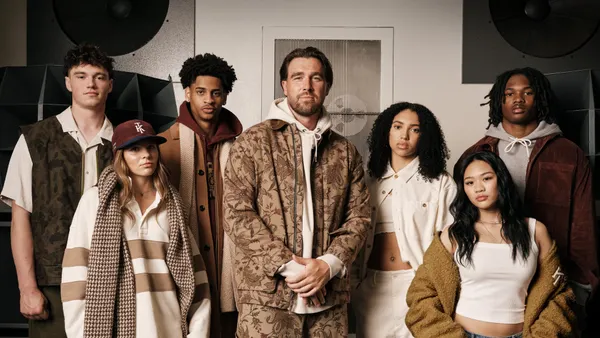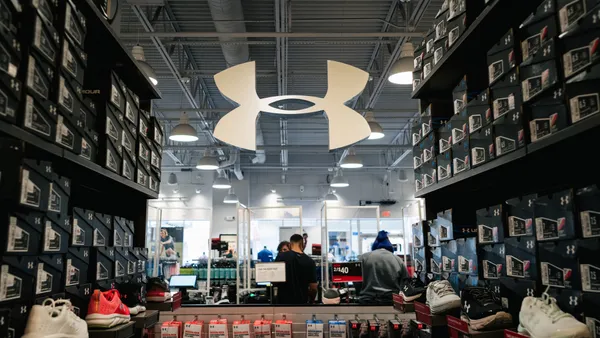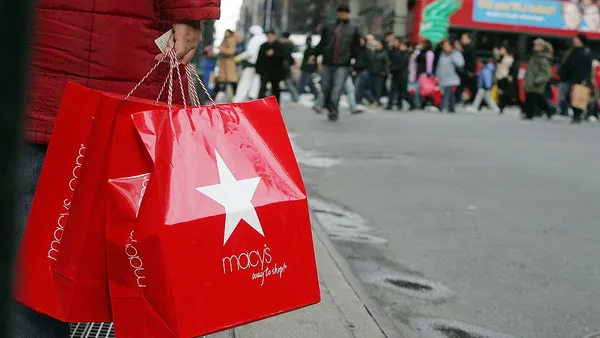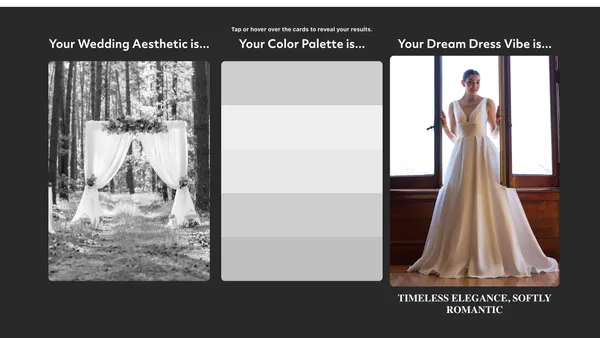Dive Brief:
-
Amazon is testing a program where consumer product brands like Maybelline and Folgers pay to send free samples to Amazon customers based on data indicating what they may buy, according to a report from Axios.
-
Amazon declined to comment to Retail Dive on the story, and pointed to its page on "Amazon Sampling," which outlines how anyone with an active Amazon.com account (not just Prime members) can get free samples. Customers can opt out, but otherwise might receive items that Amazon "think[s] will be delightful and helpful."
-
Free samples have included pet food from Nutro, Cesar, Greenies and Purina Beyond; grocery items from SunButter, KIND, 1850 Coffee, Bear Naked, Dunkin' Donuts and Orgain Kids; beauty products from Calvin Klein, Maybelline, L'Oréal Paris, Dove and Lumify; health and wellness products from BSN/Glanbia and Bulletproof; and household products from Oxiclean, according to Amazon.
Dive Insight:
Free samples, from the little bits of brownies at a bakery checkout to the spritzes of perfume at the department store beauty counter, are time-tested ways to make customers feel happy (and possibly guilty), boost loyalty and maybe even make a sale.
That tradition has continued in the e-commerce era, with many retailers including free samples with orders — often ones chosen by the customer, which snags another bit of data on preferences. In a Prime membership perk that involves an opportunity for customers to pay for samples, customers choose the items to receive and will be given a credit that can be applied toward a future purchase of a full-size version of the product, according to an Amazon blog post. That program sends out many of the same types of consumer products, in beauty, snacks, household and pet, that are available as free samples.
For the free samples, according to an Amazon job ad flagged by Axios, the e-commerce merchant uses machine learning to decide which samples to send, "thus ensuring a higher likelihood of conversion than display ads."
Amazon seems to be putting a lot of effort into what appears to be a lucrative program with "a challenging mix of problems involving targeting, fulfillment, customer and vendor experience, and cross-campaign learning," according to that post.
What it doesn't involve is incentivizing reviews, which Amazon banned a few years ago in an effort to bolster their trustworthiness after signs that many were false or misleading. The problem was especially stark on its marketplace, sometimes written by review farms that the company actually took to court.
The free samples program may help Amazon stoke its growing and increasingly important advertising sales and gain an edge over Facebook and Google, according to Axios, which also noted that leveraging customer data to send out well-targeted, free samples may be problematic. Indeed, half of consumers said they like personalized ads on social media based on their browser histories but are "wary" of how their data might be used, and 36% are "very wary" of how their data is stored and shared online, according to research from Blue Fountain Media. But many consumers also have a habit of setting aside such concerns for discounts or free products.














